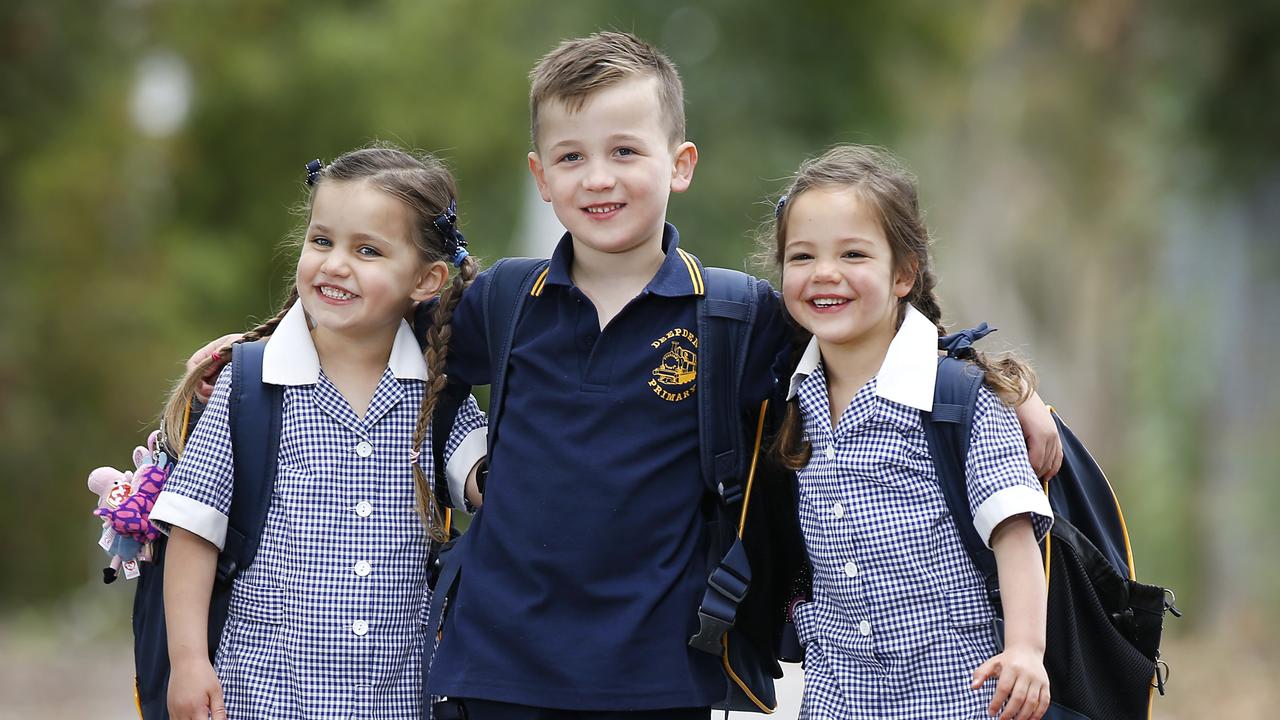Those long summer days
where lunch boxes do not need to be packed, children are sometimes able to stay up on weeknights until a little later than normal and routines are not as clear are over.
School is back across the country!
Some children will be starting school for the first time whilst others will be transitioning to new classrooms, classmates and teachers. Whatever the scenario is for you and your child, there is sure to be a period of adjustment for everyone over the next few weeks. Luckily there are plenty of simple things you can do to help make the next few weeks run as smoothly as possible. Here are some ideas for you to consider:
Create a Routine
When children know what to expect, they tend to feel more in control of their environment. Creating a simple routine and sticking to it where possible, can really work wonders when it comes to helping children get used to changes in their lives.
Get bedtimes back on track. Sleep is just so important for our overall health and wellbeing. Unless children are well rested their brains will not be ready to learn.
Organise your shopping list to include those healthy snacks for the lunchboxes so you are not scrambling at the last minute and opting for less nutritious or satisfying options.
If your child has activities before and/or after school, draw a simple visual calendar using a whiteboard or a strip of cardboard that you can attach to the fridge. This helps your child to understand when activities are happening in their lives and also assists in understanding concepts of time and sequence.
Add Story Time to your Daily Routine
The benefit of a bedtime story cannot be underestimated. These special moments can be used not only as lovely moments to connect with your child but also provide you with opportunities to expose your child to new vocabulary, sentence structure and ideas. Feel free to flesh out the story themes by discussing when your child perhaps had similar experiences to the main character or visited a similar location. Tempt your child’s imagination by engaging in some ‘think alouds’; “Imagine if….” or “I wonder how…..”. Understanding how stories are organised also assists children to learn how to engage in higher levels of discourse and can really provide a boost to your child’s language development, all without them knowing that it is ‘work’!
If you have any concerns about your child’s speech, language, communication or learning skills then Term 1 is the perfect time to address these with your child’s classroom teacher. Allow a few weeks for everyone to catch their breath and for your child’s new teacher to become acquainted and develop a relationship with your child. If you still have concerns, then arrange a time for a chat with your child’s teacher. Don’t wait if you have concerns or hope to try and catch your child’s teacher before or after school by chance. The earlier that any specific issues are addressed, the better the outcome will be for your child. Remember that there are some simple checklists that you can refer to on our website here https://learn2communicate.com.au/5270-2/ We are also always available via our Contact us page should you want to discuss any concerns you might have about your child’s communication skills. https://learn2communicate.com.au/contact-us/





